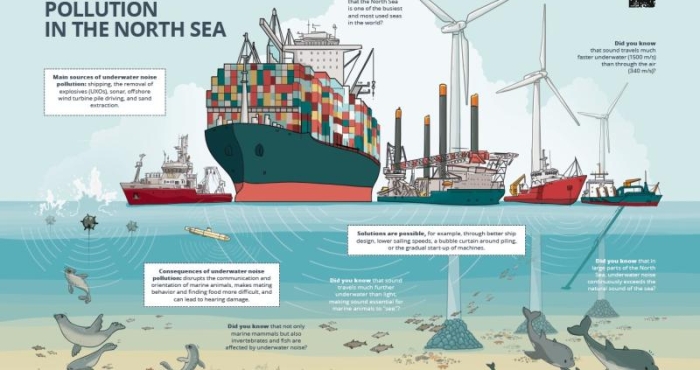

Return of the twaite shad to the Scheldt River After a Century-Long Absence
The twaite shad, a migratory fish that once disappeared from the Scheldt River due to pollution, has made a remarkable return in the past decade. Known locally as the “May fish,” the twaite shadspawns in the river between late April and early May. Researchers from the Institute for Nature and Forest Research (INBO) have been studying the species since its return in 2014, using LifeWatch Belgium acoustic telemetry and data loggers to track the fish’s movements and habits.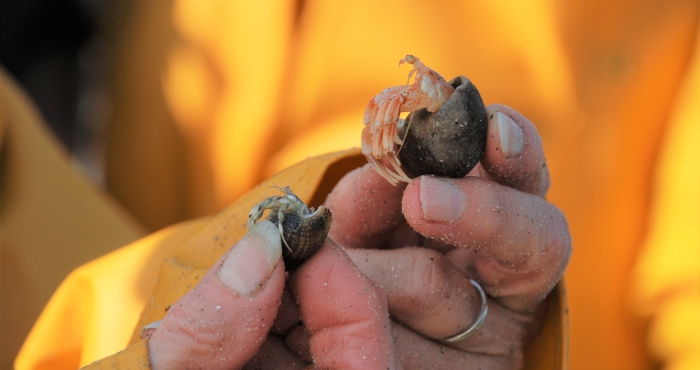
SeaWatch-B citizen science data confirm climate change
The first report "What is the state of the North Sea?" by the LifeWatch citizen science project SeaWatch-B shows that the Belgian North Sea is affected by human activities, more in particular climate change. Cold-water species such as the North Sea shrimp are decreasing in number compared to a...
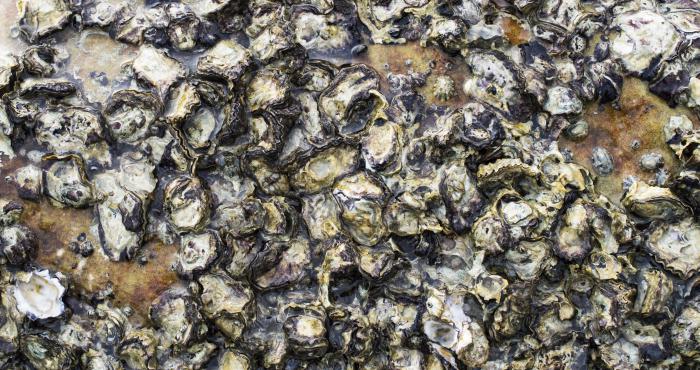
To settle or not to settle? Oyster larvae settlement cues investigated
The inclusion of ecosystem engineers in coastal planning is an approach being considered to mitigate coastal erosion in different environments worldwide. Oysters are reef building and can alter and improve their habitat acting as a barrier for coastal protection by sediment stabilization and wave...
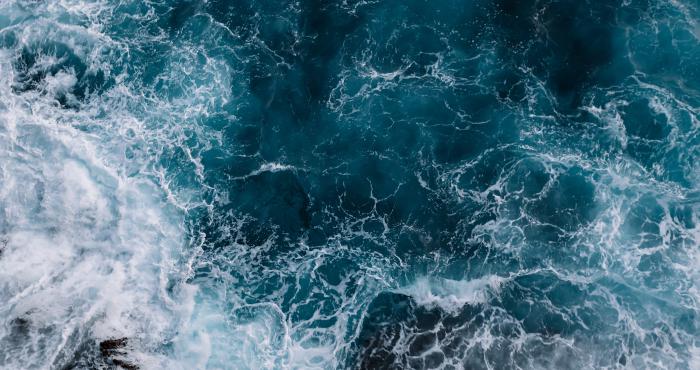
Finding Ocean Health in a sea of data
Ever wondered how the Ocean Health Index gets data for its global assessment of the entire ocean? There's more to it than you'd guess! And Marine Regions is part of the answer!
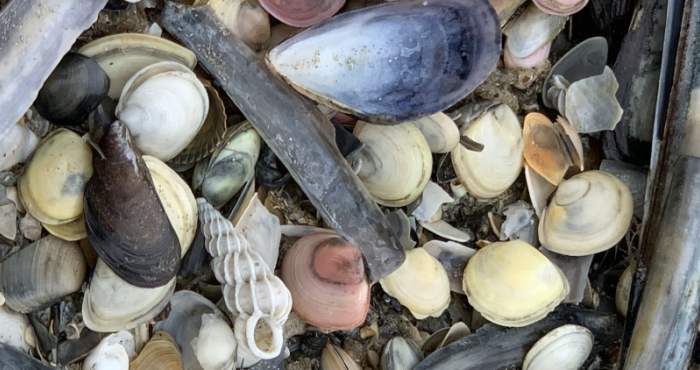
The Big Seashell Survey
Before the Big Seashell Survey started, there was little quantitative information on the species and numbers of shells that wash ashore at the Belgian coast. However, beached shells can say a great deal about climate change, environmental pollution, impact of human activities at sea and changes in...
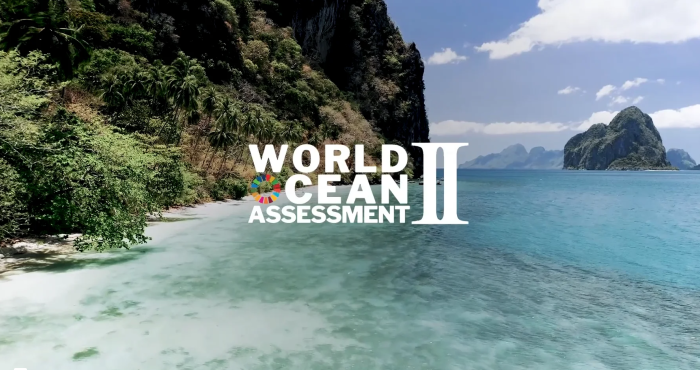
Assessing the state of the oceans
The second World Ocean Assessment – WOA II – is a global exercise by hundreds of marine scientists to evaluate trends and identify knowledge gaps in the world ocean. Two chapters of WOA II have made use of several components of the LifeWatch Species Information Backbone.
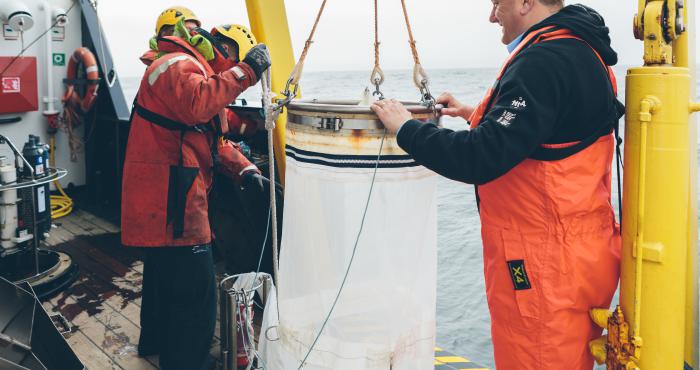
Observing plankton to understand ocean health
Increasing human activities are putting the ocean under stress, threatening the ecological health of marine ecosystems and the services they provide to society. Since plankton are sensitive to changes in environmental conditions and are short-lived, they can be used as early warning systems for the...
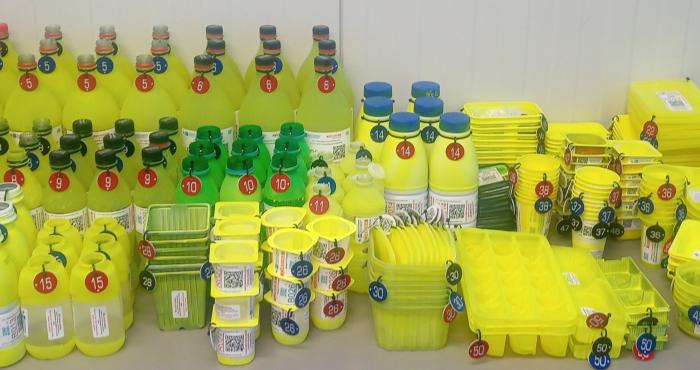
Tracking plastics using fish tags
Acoustic telemetry proves to be a valid method to follow up the pathway of marked ‘daily use’ plastic items in rivers, in a more detailed manner than ever before. The idea of using acoustic telemetry to track plastic items came to mind, during a fish monitoring campaign organized by the Research...